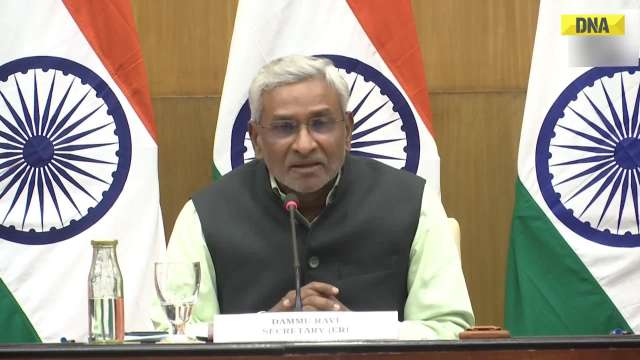- LATEST
- WEBSTORY
- TRENDING
BUSINESS
Residents of THIS state earn in crores and pay Rs 0 income taxes, here's how
Thanks to Article 371(F) of the Indian Constitution, Sikkimese residents are exempt from paying income tax, making it a unique financial haven
TRENDING NOW
Curious about a place in India where you can escape income taxes? Look no further than Sikkim, the picturesque state nestled in the North-East. Thanks to Article 371(F) of the Indian Constitution, Sikkimese residents are exempt from paying income tax, making it a unique financial haven. This privilege was established in 1975 when the state merged with India, granting its citizens significant financial relief.
The legal foundation of Sikkim’s tax-free status lies in Article 371(F) and Section 10(26AAA) of the Income Tax Act, 1961. These provisions ensure that individuals recognized as Sikkimese under the Sikkim Subjects Regulation, 1961, are exempt from income tax, including on sources such as interest on securities and dividends.
While citizens across India must pay income tax beyond certain thresholds and file annual returns, Sikkimese residents are free from these financial obligations, regardless of how high their incomes may be—even running into crores. This exemption significantly boosts disposable incomes, allowing residents to save and invest more freely.
The tax-free status also enhances Sikkim’s economic landscape by attracting investments and promoting growth in industries such as tourism, agriculture, and small businesses. These economic advantages give Sikkim a competitive edge over other Indian states.
Although Sikkim enjoys blanket tax exemption, there are other specific tax benefits across India, such as exemptions on agricultural income, scholarships, and interest earned on non-resident external accounts. However, none match the comprehensive relief provided to Sikkim’s residents.







)
)
)
)
)
)
)
)
)
)
)
)
)
)
)
)















































